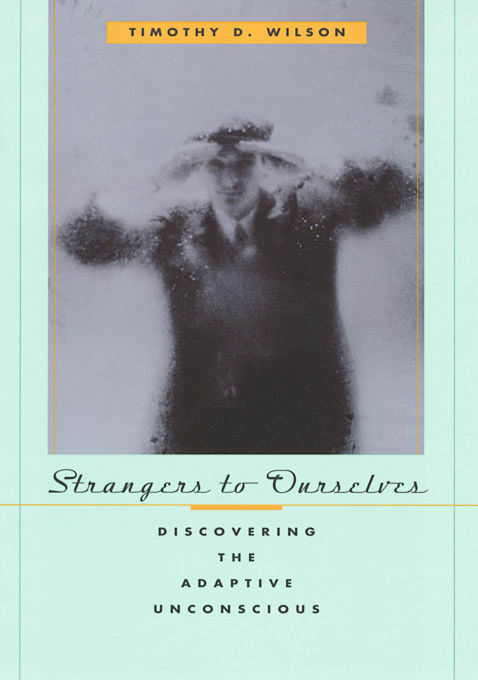Part of the Casswiki article series Books

Strangers to Ourselves: Discovering the Adaptive Unconscious is a book by Timothy D. Wilson, first published in 2002, which describes how our judgments, feelings, and motives are mostly ruled by the adaptive unconscious. Our explanations for what we do and feel, and all that comes to mind during introspection, are constructs made-up on the spot, and largely divorced from what actually directs us.
This book is among the most important reads in understanding how our minds and “selves” actually work. The conscious mind is more of a narrator than an actor, and its narratives are often at odds with reality – to the extent that, as studies show, a complete stranger can be as good at guessing the reasons for our actions as we ourselves are.
The concept of the adaptive unconscious is not the same as the Freudian unconscious. Sigmund Freud’s theories, while containing some insightful and useful concepts, are unscientific and have largely hindered the progress of psychological research. The true story of the unconscious is a different one: it consists of an interconnected collection of processing “modules”, circuits in our brains that are programmed by experience and direct our inner and outer lives according to pattern matching.
See also
- Adaptive unconscious
- [[Redirect (book)|Redirect (book)]]
- Thinking, Fast and Slow
- You Are Not So Smart
- What Makes Your Brain Happy and Why You Should Do the Opposite
External links
- Cassiopaea Forum: The Adaptive Unconscious (Excerpts from and discussion of Strangers to Ourselves.)
